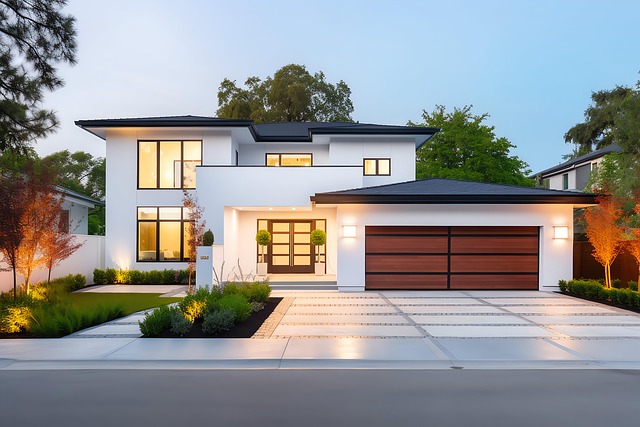
Thinking About Buying Your First Home? Read This First
Just graduated and starting to earn a steady income? Maybe you’re thinking ahead about the next chapter—settling down, building stability, or even planning for a future family. If owning a home is on your radar, you’re not alone.
But here’s the deal: buying a house isn’t as easy as grabbing groceries or upgrading your phone. It’s a major financial and lifestyle commitment—one that requires careful thought. Before you dive into house-hunting, let’s break down the essentials every first-time buyer should know:
Are You Actually Ready to Own a Home?
Renting comes with convenience—no repairs, no property taxes, and your landlord handles most things. Owning a home? Totally different story.
As a homeowner, you’re responsible for:
Monthly mortgage payments
Property taxes and insurance
Repairs and maintenance (think plumbing, roofing, appliances)
Unexpected expenses—because stuff will break
Buying can be great for building equity and stability, but it’s not the right move for everyone right out of college. Ask yourself: Am I ready for the responsibility?
Budget Smarter Than the Bank
When you talk to a lender, they’ll give you a mortgage pre-approval—but that number is the max they think you can handle. That doesn’t mean you should spend it all.
Play it safe. Choose a price range that leaves room for emergencies, upgrades, or life changes. Just because you can spend more doesn’t mean you should.
Pro tip: Go for a fixed-rate mortgage if possible. Adjustable rates might seem tempting, but they can spike later and wreck your budget.
Be Cautious with Real Estate Agents
Most agents want to help—but some can pressure you into moving too fast or spending too much. If anyone makes you feel rushed or unsure, take a step back. Your comfort and financial stability should come first.
Know What Kind of Home You Really Need
You don’t need a five-bedroom house with a home theater—yet. Focus on what fits your life right now.
That might mean a cozy one-bedroom condo or a modest starter home. Your first house doesn’t need to be your forever home—it’s a stepping stone.
Location Is Everything
You can renovate a kitchen, but you can’t change your neighborhood. Before committing, ask:
Do I want a quiet, residential vibe or city buzz?
What’s the commute like?
Are there grocery stores, gyms, or coffee shops nearby?
What are the schools and safety ratings like?
Visit the neighborhood at different times (morning, evening, weekend) to get the full picture.
Don’t Skip the Home Inspection
Even if the place looks perfect, hire a professional home inspector—ideally one with great reviews.
Sellers don’t always tell you everything. An inspection can uncover hidden issues like faulty wiring, mold, foundation problems, or a leaky roof. These details can help you negotiate the price or decide if it’s worth walking away.
Know Your Renovation Limits
Painting a wall? Easy. Fixing structural issues or replacing HVAC systems? Not so much.
Estimate the cost of any renovations or repairs you’ll want to make—and then triple-check your math. Always get multiple quotes from contractors before you commit.
Expect Hidden Costs
Beyond the down payment and monthly mortgage, expect extra costs like:
Closing costs
Home insurance
Moving expenses
HOA fees (if applicable)
Furniture and upgrades
Make sure your budget has flexibility for all the “surprise” expenses that come with homeownership.
Bottom Line: Take Your Time
Buying your first home is exciting, but it’s also a serious financial decision. There’s no rush. If you do your homework, stick to your budget, and buy when you’re ready—not when you’re pressured—you’ll set yourself up for long-term success.
Your first home isn’t just a purchase. It’s a move toward independence, stability, and building your future. When the time’s right, you’ll know.


